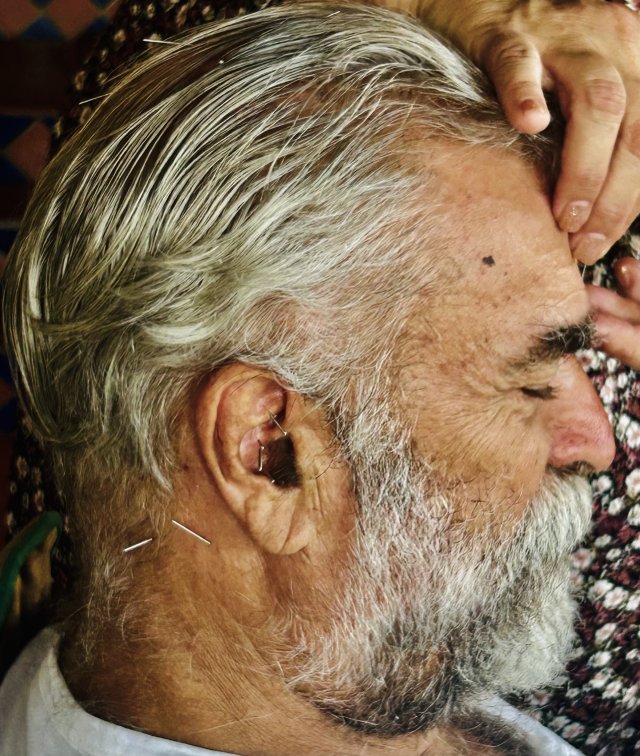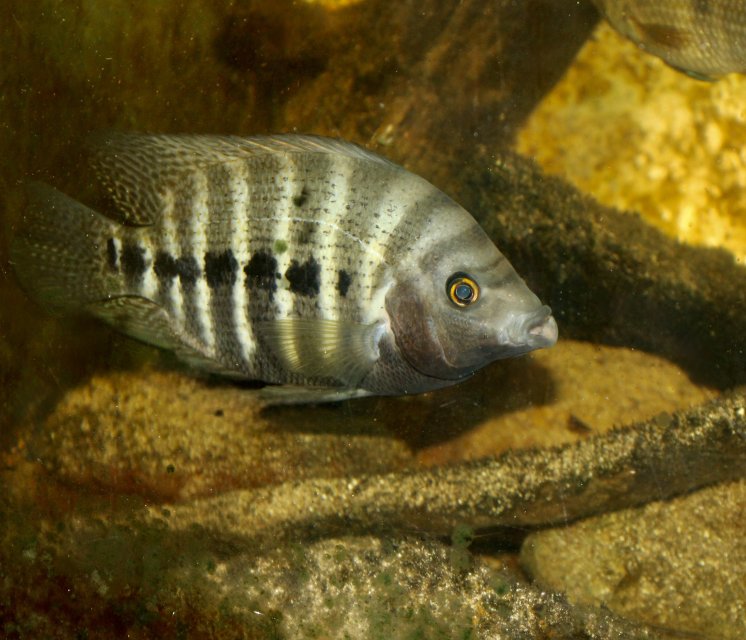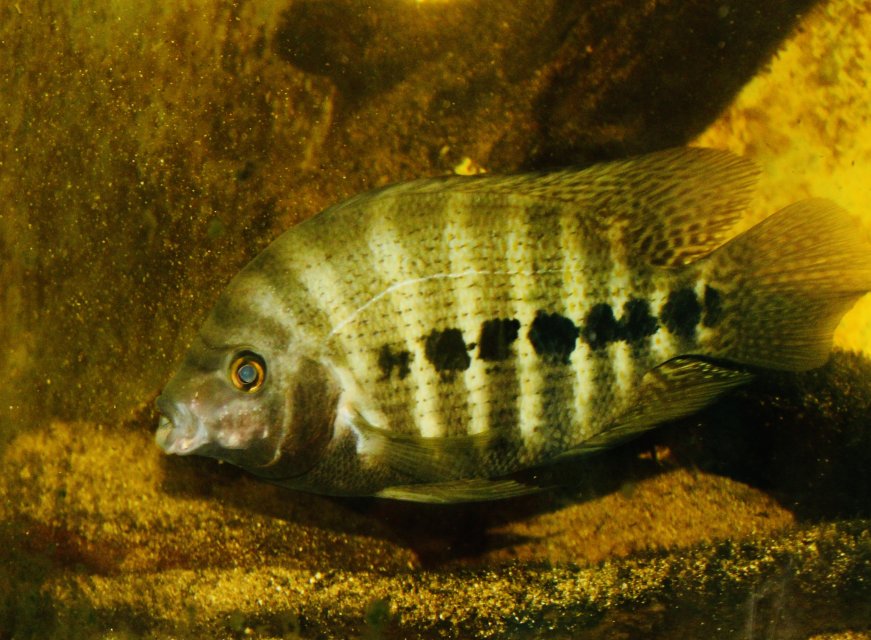 duanes
duanes
...are you aware that you have a bunch of finishing nails stuck into your head?
If this is part of a study of HITH disease, I think you are on the wrong track. I'm pretty sure the disease is caused by bacteria rather than by commercial fasteners being used incorrectly.
But it's apropos to this debate. Weird traditional medicines and treatments probably work for some people, specifically for those people who think they might be doing some good. If you believe it will help, you will have a positive outlook and this alone can likely spell the difference between healing and not healing, in at least some cases. The nails don't cure you; the positive mental energy they foster in you cures you.
In my case, nails in my skull wouldn't do anything good, because I wouldn't expect them to, wouldn't believe they could help...and so my negative mental state would allow my affliction to continue unchecked.
But with fish, it's different. Too much stress can help make them sick...and reducing stress can help them get better...but there is no conscious thought process going on that can be affected for better or worse by anything we do. Whether or not we believe something will help...is not going to make the slightest difference to the fish. Snake oil is snake oil. You can Melafix the crap out of your fish but it's only going to make
you feel better, not the fish.
Edited to add: Have you ever experimented with manually "re-setting" the dislocated jaw of a fish? I've done this a few times in the past when, as you stated, survival seemed unlikely. If the fish doesn't manage to re-locate the jaw by itself within a day or so, I have tried just holding the lower jaw, pulling it out/forward ever so slightly and then gently pushing it back into what appeared to be the natural location. A couple of these fish died soon after...no real loss, since I'm sure they would have done so in any case. But in at least two instances, the fish seemed to recover. Once it was a small Largemouth Bass that a yahoo neighbour kid was handling as though he had a world record fish; he had that poor fish's jaw so overextended it made my own jaw sore. That bass lived in a stocktank in the yard at the cottage for several weeks and was then released, looking very healthy when he swam away. The other was an Oscar who came out on the losing end of a liplock with another fish; he went on to live in my tank for several more years after that incident.






